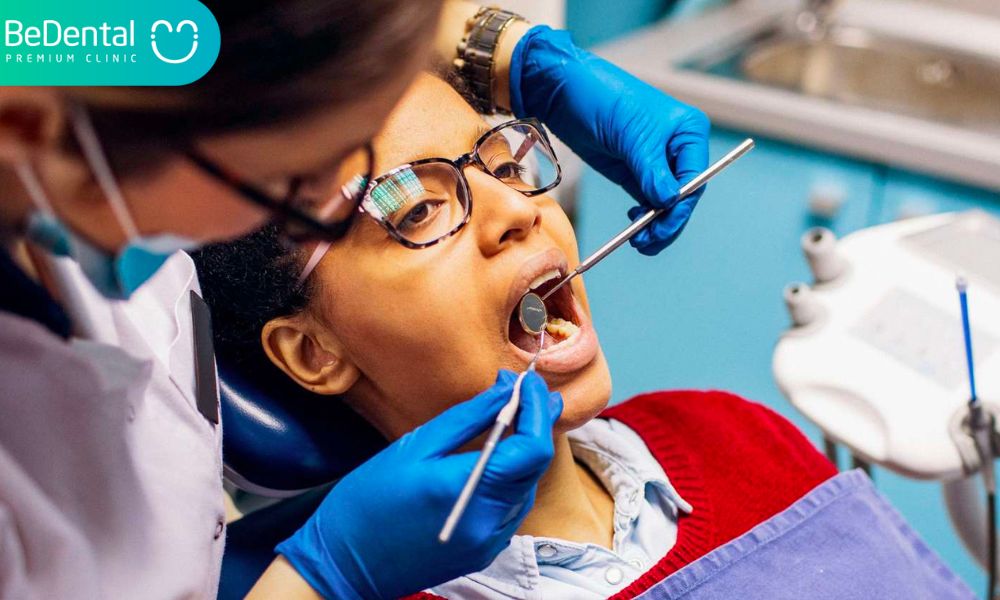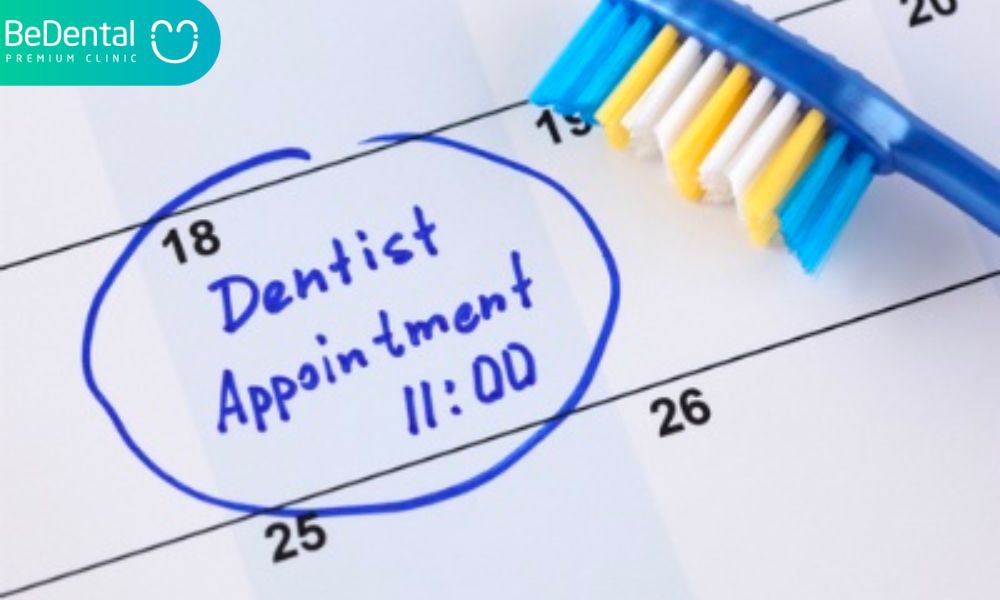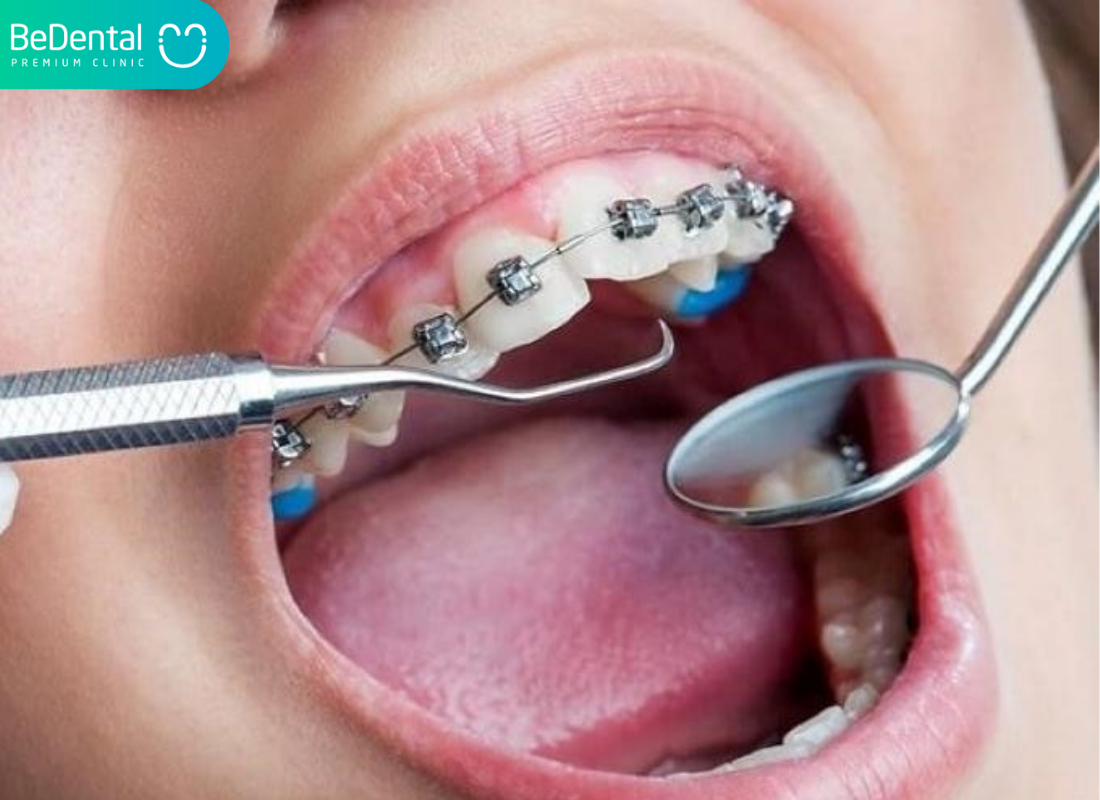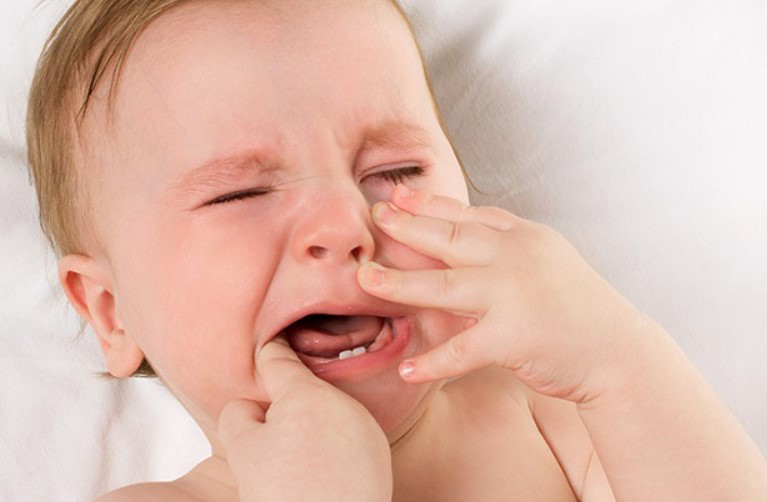BeDental strongly advises you to get periodic Dental Check-up to rule out any potential significant procedures since, despite brushing and flossing your teeth twice a day and maintaining good oral hygiene, there are still ways to harm your tooth health.
Frequency of Dental Visits
You should visit your dentist at least twice every six months, it is advised. A comprehensive examination of the teeth, gums, and other oral tissues will be done during a routine dental check-up.
You might need to visit the dentist more regularly if you have a dental problem that calls for specific treatment. At your initial dental consultation, you and your dentist will talk about all of this.

A Periodic Dental Check-up Consists of:
- A complete check-up of the teeth, gums and other tissues
- Checking for early symptoms of oral cancer
- Examination of teeth and previous fillings for cavities or other infections
- X-Rays might be taken to check for hidden infections
- Discussion with the dentist about our oral practices and hygiene
- Creation of a dental treatment plan
Post Examination Practices
You will receive a report and, if there is a problem, the diagnosis will be shared with you once the dentist has examined your teeth. Based on this, a treatment plan will be developed, and you’ll be told to follow it carefully.
If your gums are fragile or exhibit symptoms of illness, you could also have your teeth thoroughly cleaned. You might also be given medication. The dentist may also recommend oral hygiene practices if necessary.
Comprehensive Periodic Dental Visit
You will get a thorough dental exam from BeDental. We’ll be up and truthful with you about what we’re doing, explaining the issue and offering solutions. You should not worry about the quality because both our dentists and our tools adhere to the highest industry standards throughout the world. Call BeDental or make an online appointment right here.
Prepare All Your Questions Beforehand
If you have any records from prior physicians, you may scan them using a specialized scanning tool and examine them on your smartphone. The PDF scanner software can handle everything swiftly, so there’s no need to bring the paperwork with you.
You must bring your former dentist’s dental records with you if this is your first appointment to a new doctor. They might be able to transfer records before your arrival if they have the phone number of the previous dentist practice you went to. You might be able to avoid having dental X-rays taken at your subsequent appointment if you have your most recent ones brought over, but some facilities still need them.
You’ll probably be asked why you’re there, so be ready to discuss any dental problems you could be experiencing.
If you have never completed the process before, inquire as to how long it should take and whether you have previously visited this office. Ask whether you require assistance during major operations and if there are any post-operative instructions you need to follow. After surgery, you might wish to put soft foods in the fridge and refrain from intense activities.
Book Your Dental Visit

There are various methods to arrange for a dentist visit or routine dental examination. You may schedule an appointment by calling a business or online through Booking. It’s better to call the dentist’s office to make an appointment if you have a lot of questions. It might be comforting to hear a human voice confirm that your appointment has been set. The majority of the time, booking online is recommended.
Establish a backup time and date (or more). For a few days or weeks, the dental clinic could not have any available appointments. Instead of scrambling to go through your calendar or making a second call when you’re more prepared, it’s ideal to have a backup time slot in mind in case your primary time slot isn’t accessible.
An individual with job flexibility who wants to get in sooner is typically phoned when a patient cancels an appointment. To remind you of your visits, many dental clinics may phone, text, or send you an email. To book your appointment, you may also give them a call at least a day or two beforehand. Please call the dental office as soon as you can to reschedule or cancel your appointment.
Arrive On Time

No one enjoys being kept waiting. The vast majority of dentists are highly active professionals who see a lot of patients every day. Any delay throws the dentist’s timetable off and can annoy other patients. Make sure you have the right time and address to avoid this. If you come 10-15 minutes early, you can check in. Verify for any delays by looking for traffic or other potential causes.
Be Honest About Your Feelings
Dental visits terrify a lot of individuals. Furthermore, even if you are no longer a child, this dread could persist. Although this is normal and to be anticipated, it could be more challenging for you to be honest with the dentist as a result. Say something if you’re feeling nervous! It’s okay to admit it; you’re not the only one in the world who has these feelings. They have experience working with those who experience anxiety.
They’ll be courteous to you and explain everything in a collected manner. If you have any discomfort, let the doctor know as well. Over the course of the therapy, you could have some discomfort and even some pain, but you should let the staff know if the pain is unusually intense since it might be exceptional.
Final Tips Before You Go To The Dentist
If you follow the following instructions, the procedure will be simpler and any worry you may be experiencing may be reduced.
Any advice given by the dentist, the hygienist, or both should be noted. They can find anything that needs further attention even during a basic cleaning.
More
Oral Hygiene: 6 Tips to Improve Oral Hygiene
Dental Implants and Dental Bridges: What is the difference?
Dentium implants: 5-step procedure
Ceramic brace and 4 common questions
Scaling and Polishing – Deep Oral Cleaning and 5 Habits To Keep Teeth Healthy


 English
English 한국어
한국어 日本語
日本語 中文 (中国)
中文 (中国)



